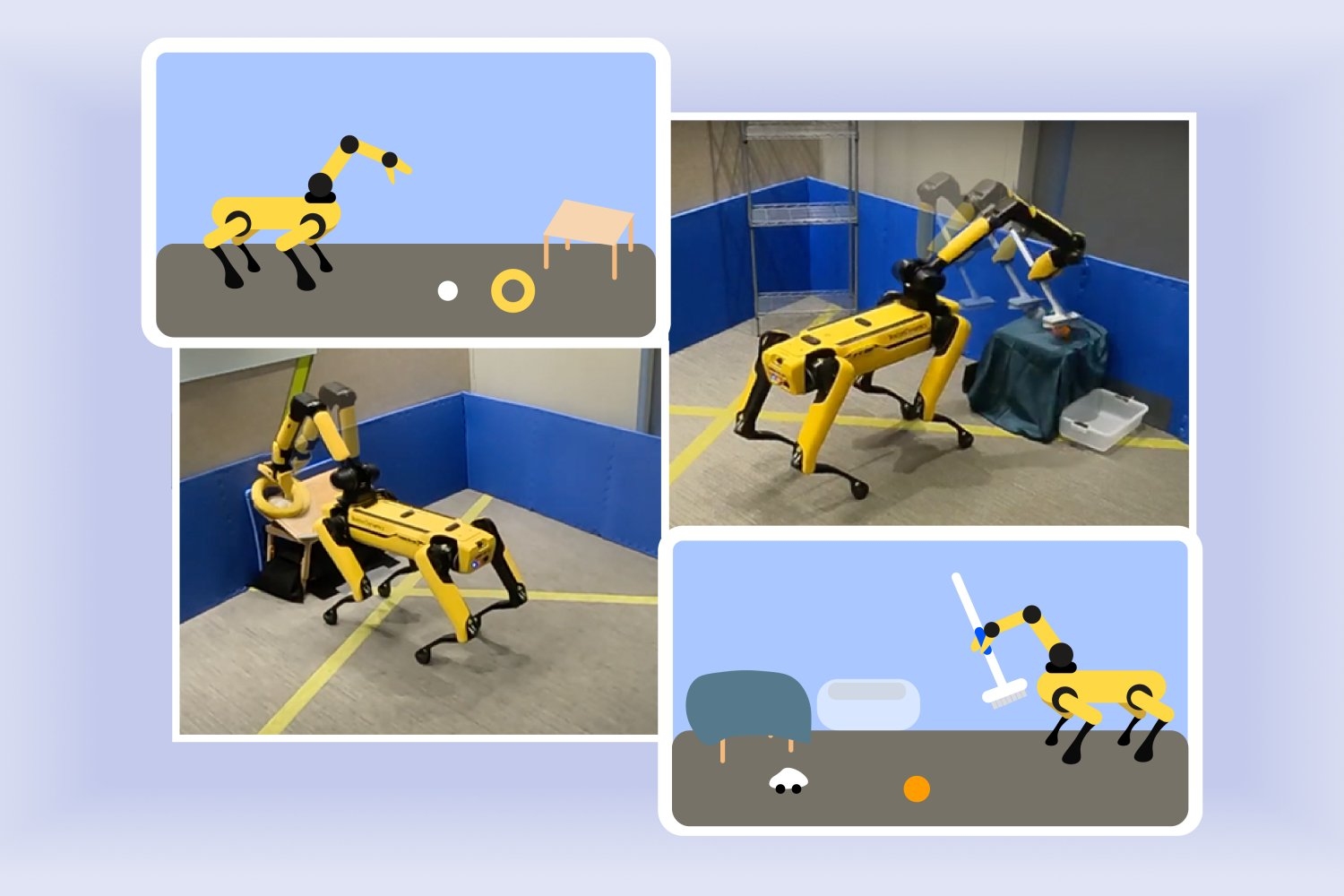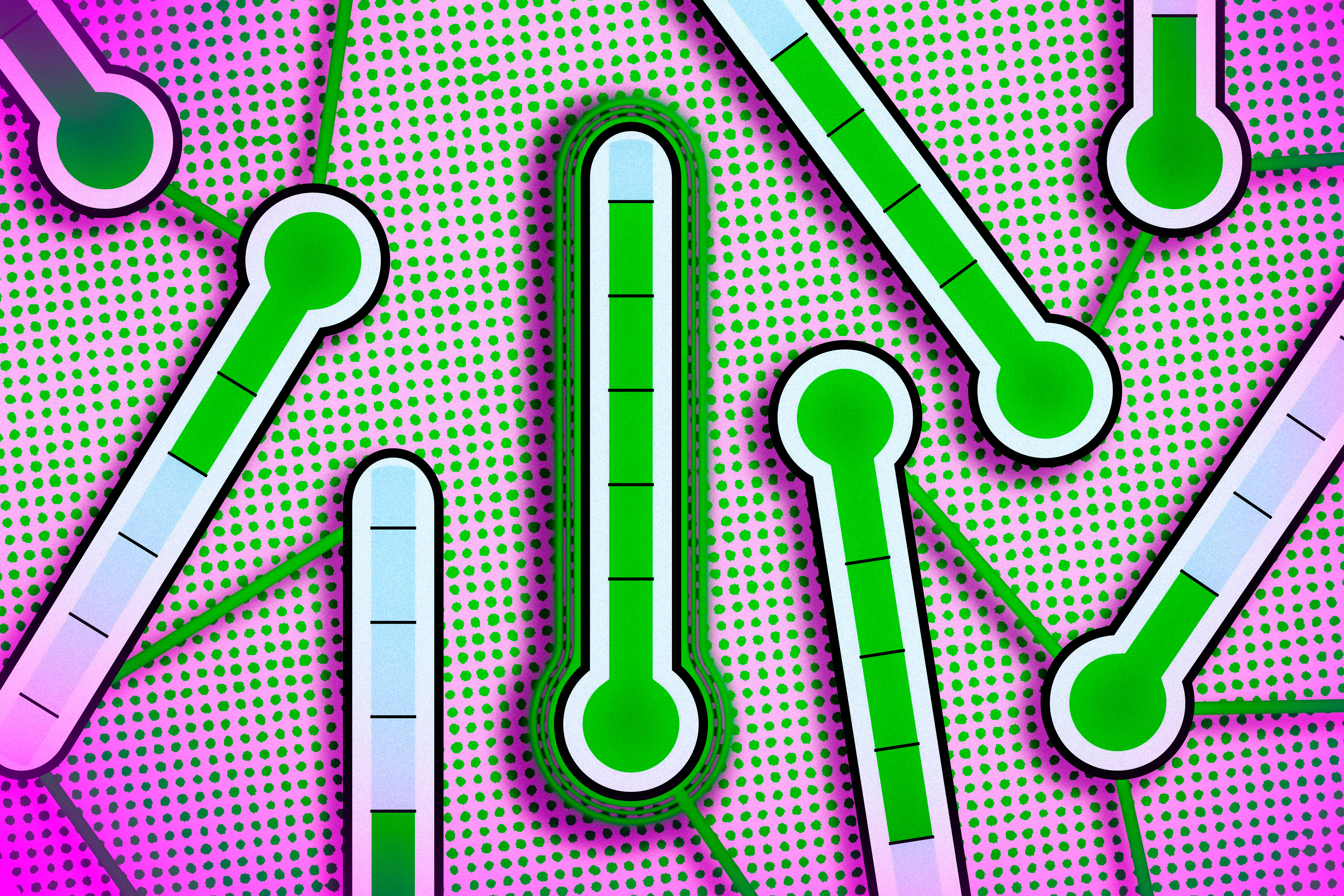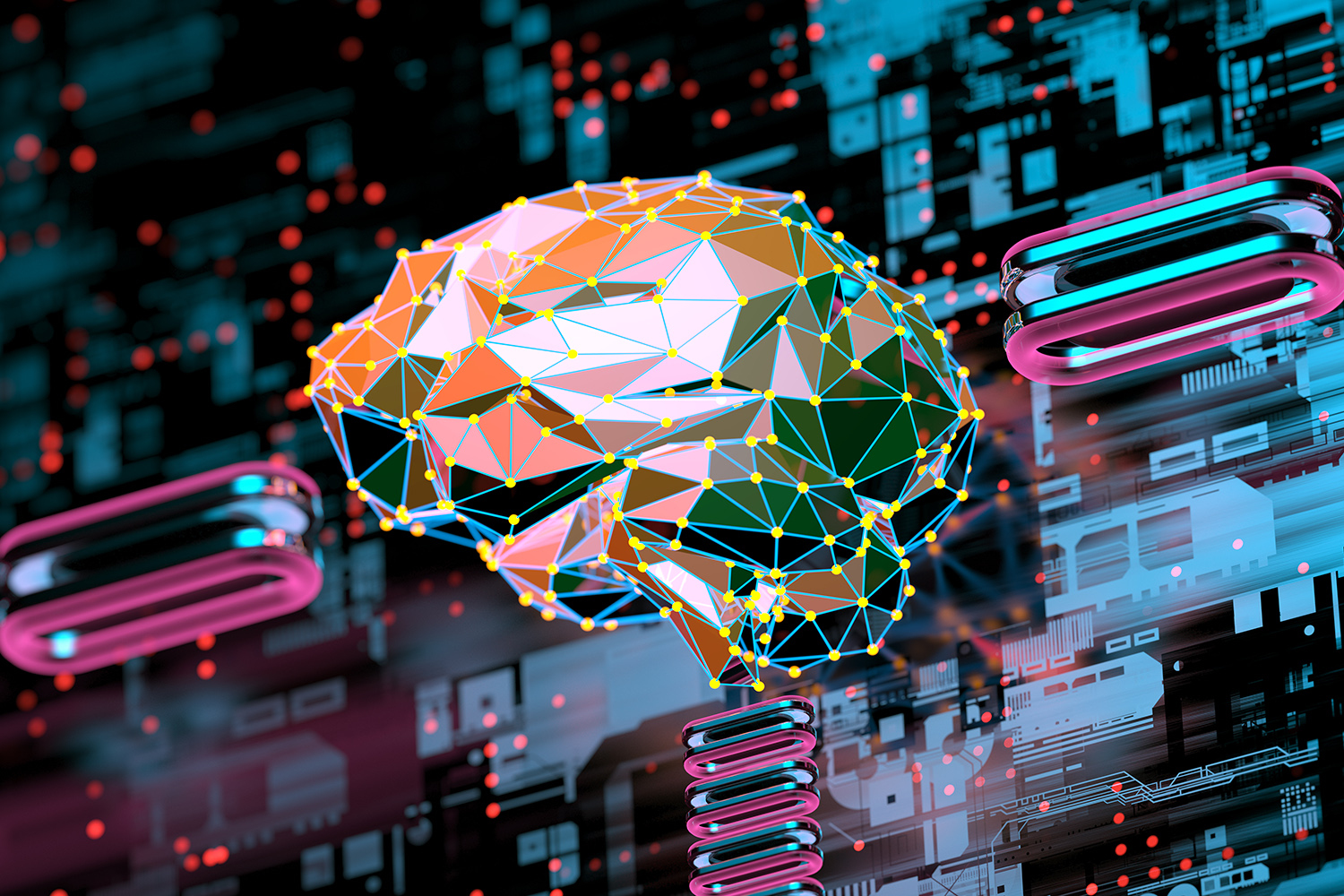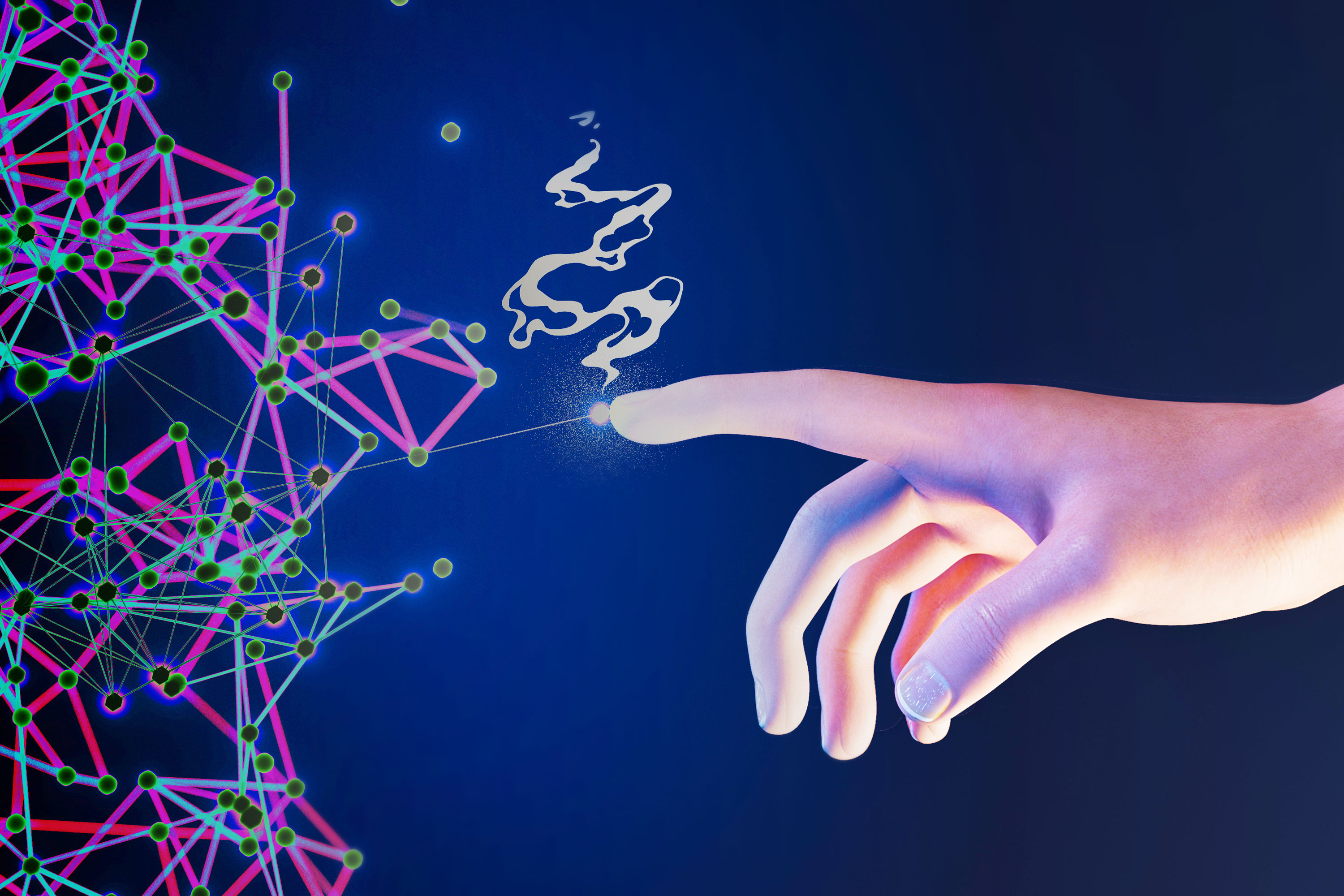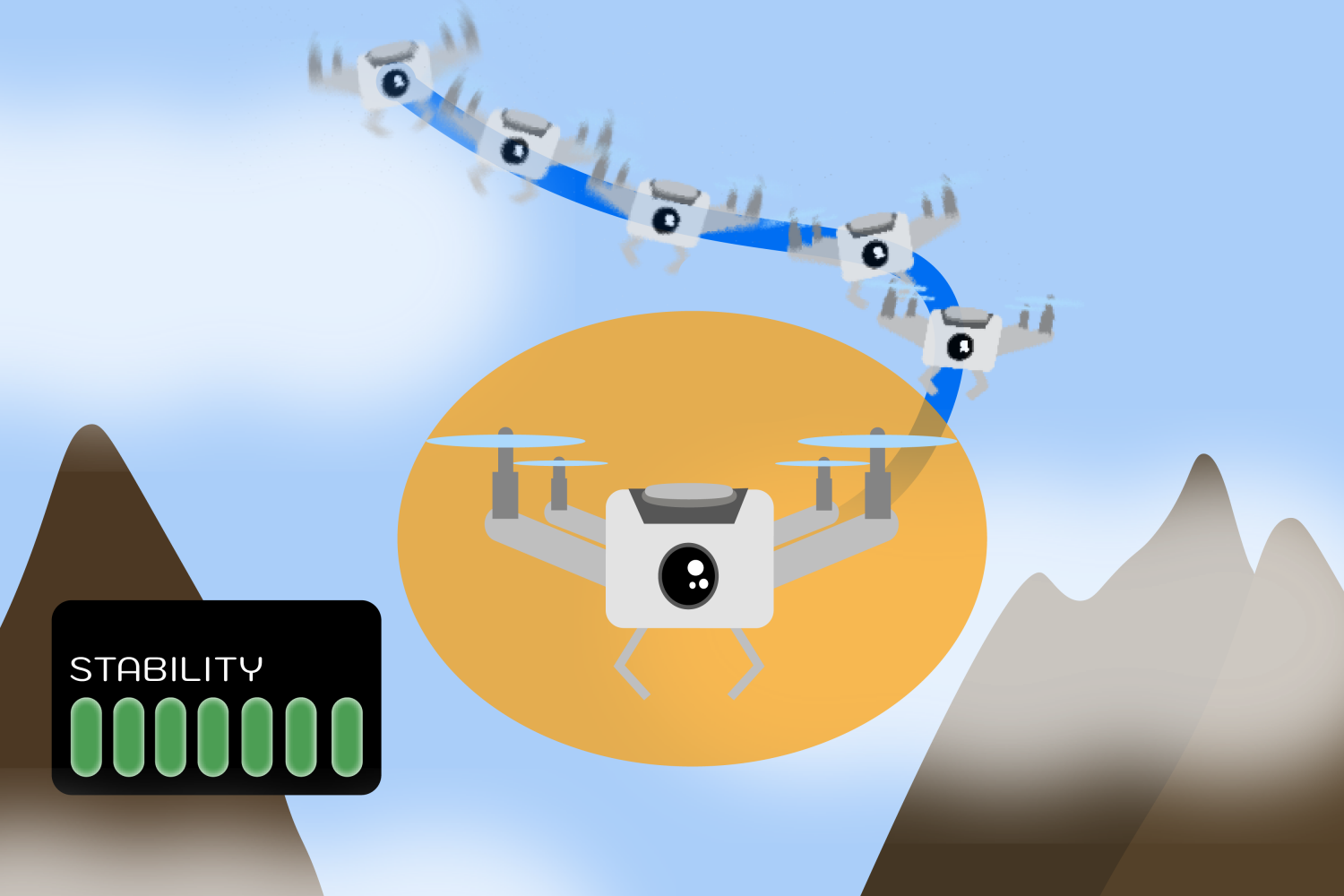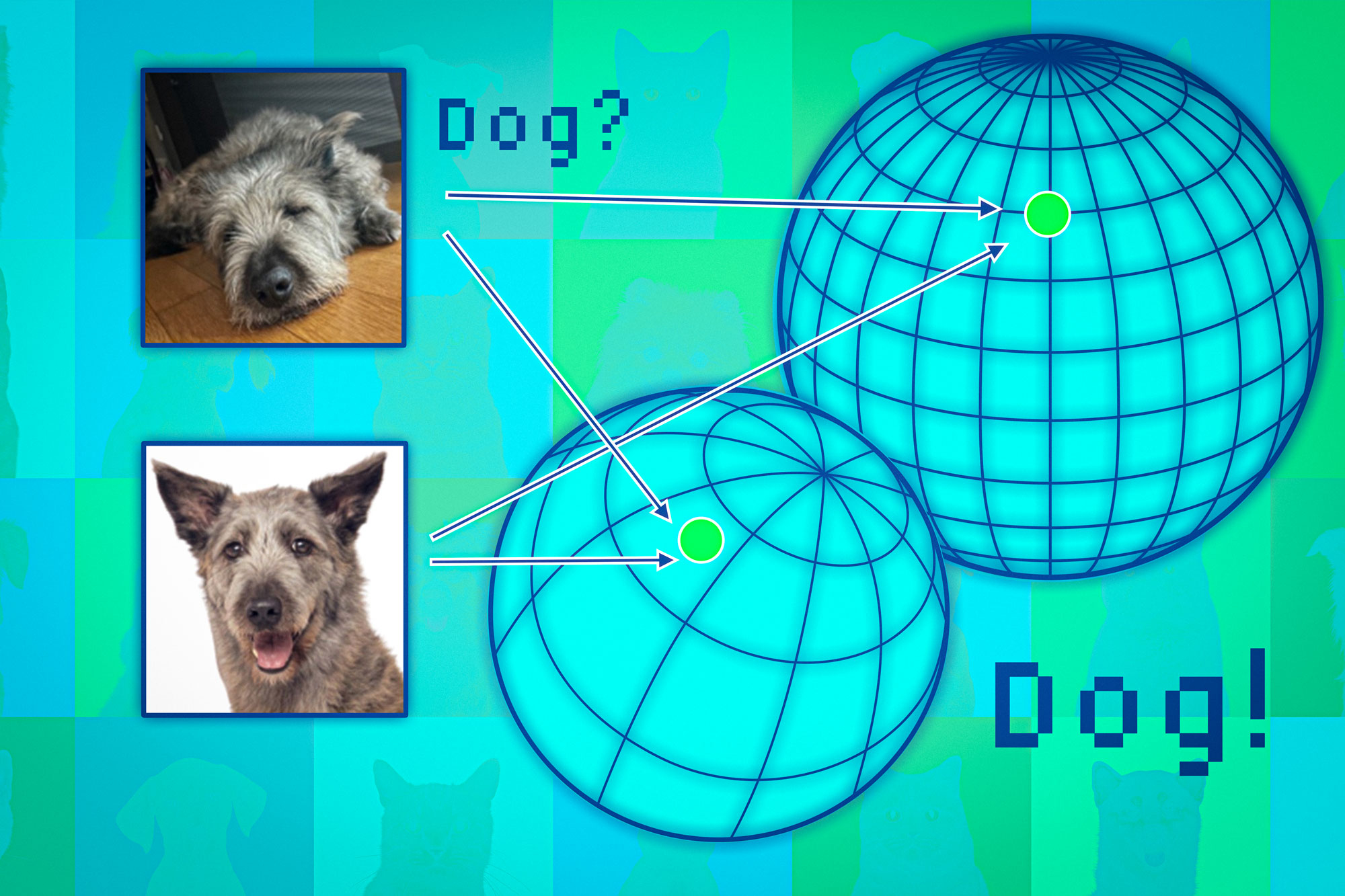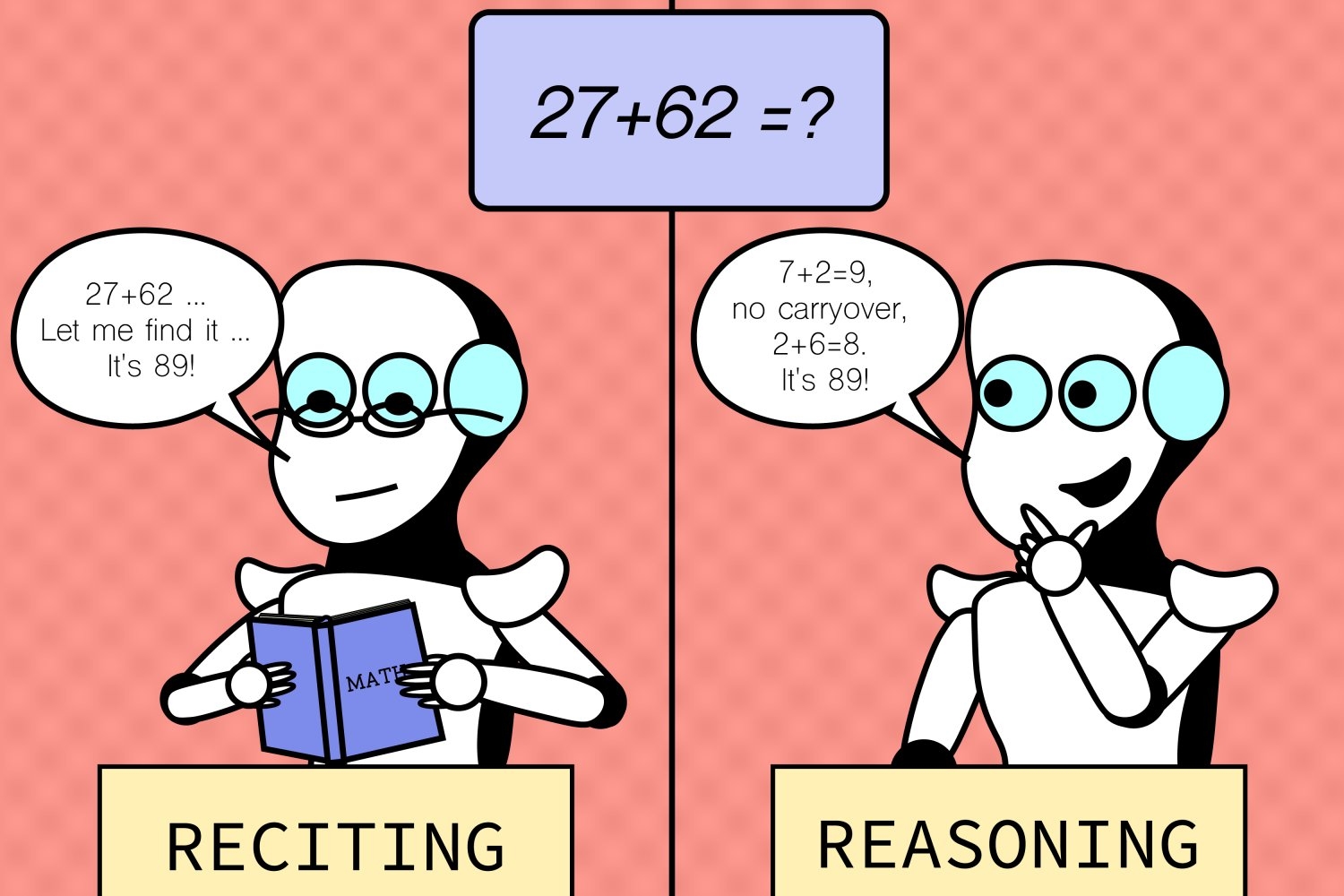Creating and verifying stable AI-controlled systems in a rigorous and flexible way
Neural network controllers provide complex robots with stability guarantees, paving the way for the safer deployment of autonomous vehicles and industrial machines.
Alex Shipps | MIT CSAIL •
mit
July 17, 2024 • ~7 min
July 17, 2024 • ~7 min
/
72

